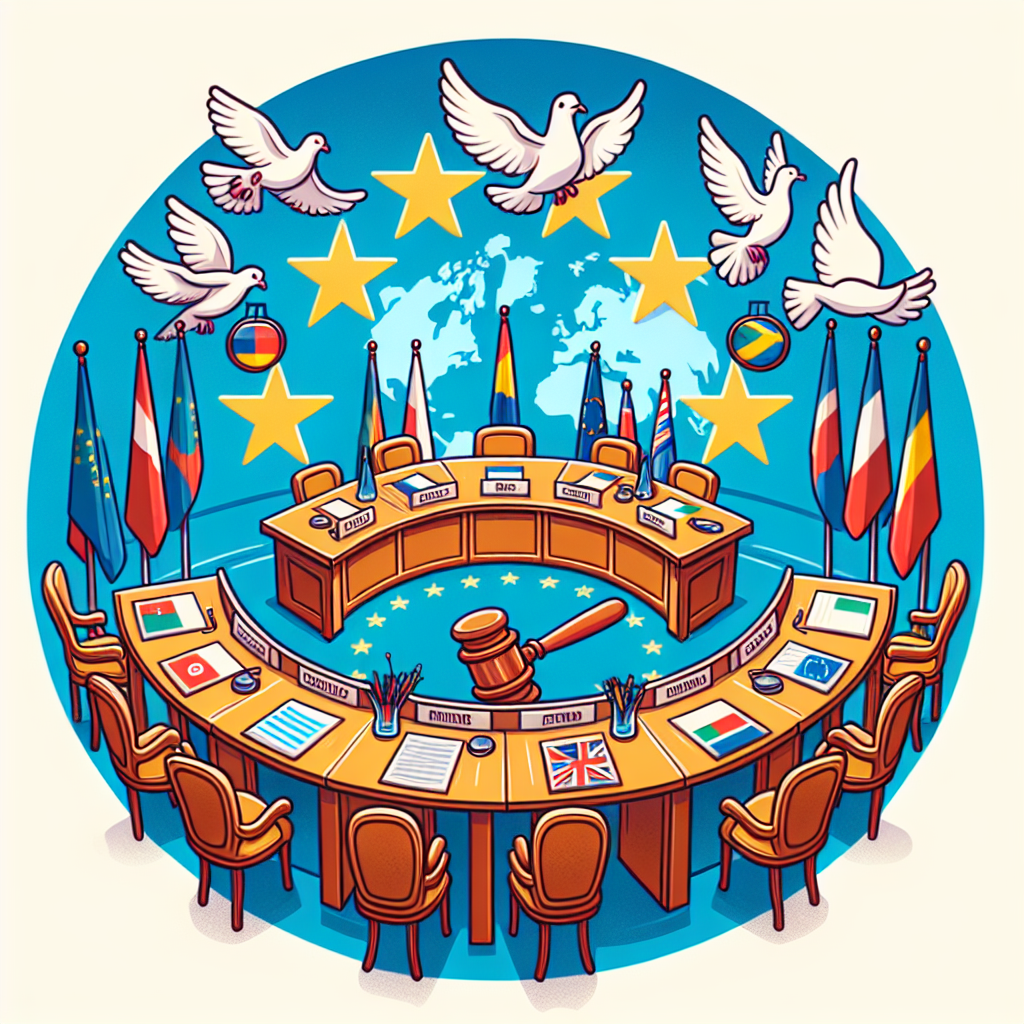EU Intensifies Sanctions on Russia, Targets LNG 'Shadow Fleet'
The European Union implemented new sanctions against Russia over its war with Ukraine. These include restrictions on Russian LNG transshipment through Europe and crackdowns on companies evading sanctions. The measures affect numerous entities and individuals, aiming to cripple Russia's financial support for the war.

- Country:
- Belgium
The European Union introduced a fresh wave of sanctions against Russia on Monday, escalating efforts to cut off Moscow's financial lifelines amid the ongoing war in Ukraine. The new measures target Russia's so-called 'shadow fleet' moving liquefied natural gas (LNG) through EU territories.
In an official statement released during a meeting of EU foreign ministers, the bloc declared a prohibition on reloading services of Russian LNG within EU territory for transshipment to third countries. The EU estimates that approximately 4-to-6 billion cubic metres of Russian LNG were rerouted through European ports to third nations last year. This 'ghost fleet' is allegedly used by Russia to sidestep existing sanctions and maintain energy revenue to support its wartime expenditures.
The sanctions specifically address ship-to-ship and ship-to-shore transfers and reloading operations. Additional restrictions include clamping down on the re-export of LNG via EU ports and banning new investments in Russian LNG projects. The list now includes 61 additional entities such as companies, banks, and other organizations, many based in China, Turkiye, and the UAE, accused of circumventing EU sanctions or supplying sensitive equipment to Russia.
Moreover, around 50 officials face asset freezes and travel bans. Russian President Vladimir Putin and Foreign Minister Sergey Lavrov, along with lawmakers and oligarchs, are among the over 1,700 individuals already sanctioned by the EU. Previously, over 400 entities—encompassing companies in the military, aviation, shipbuilding, and other sectors—have been targeted, including the notorious Wagner mercenary group. The EU has also blocked approximately 210 billion euros (USD 225 billion) of Russian Central Bank assets.
(This story has not been edited by Devdiscourse staff and is auto-generated from a syndicated feed.)










